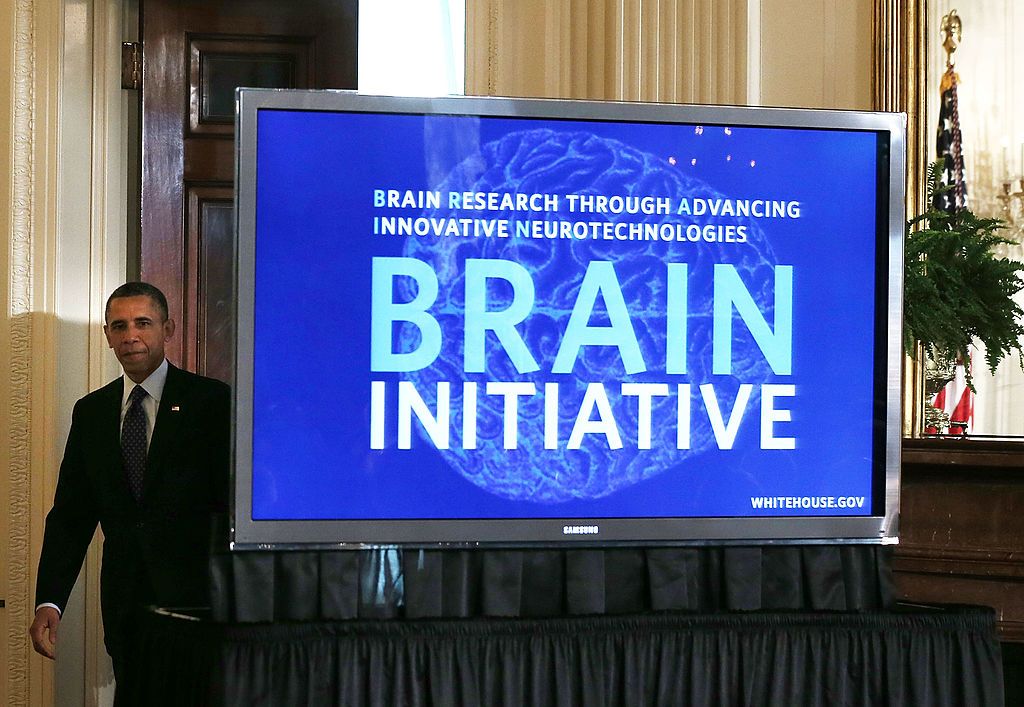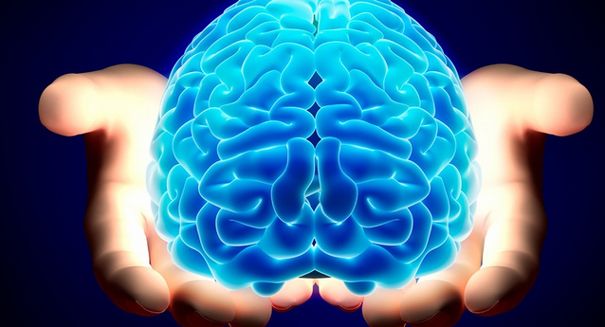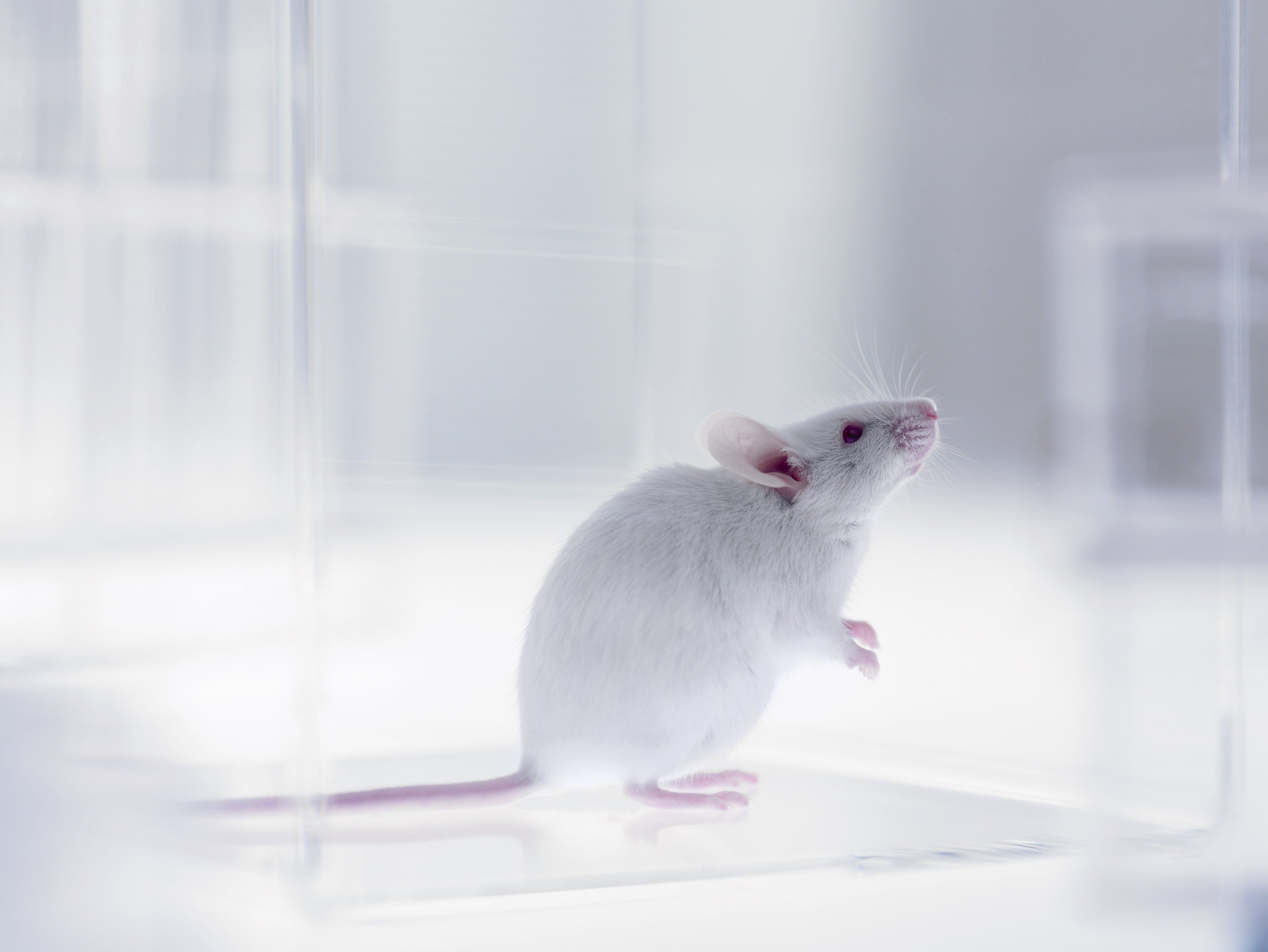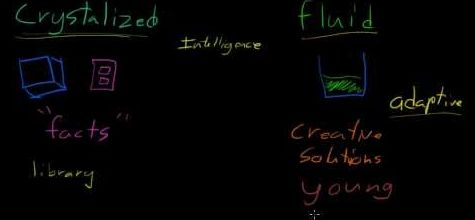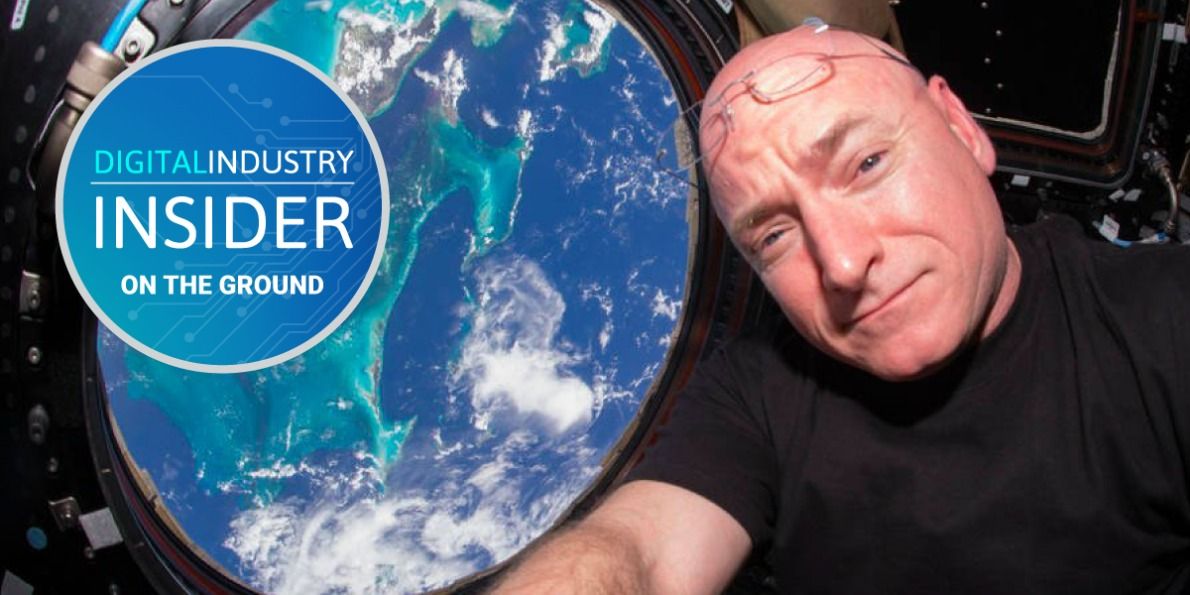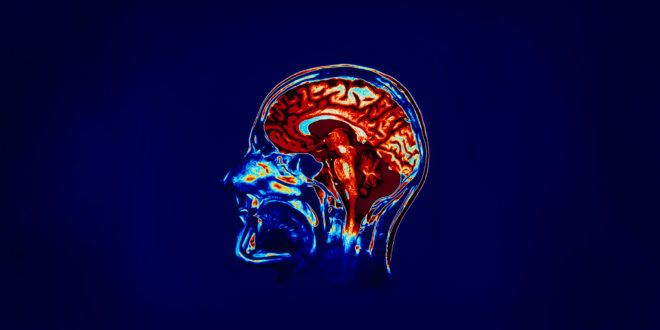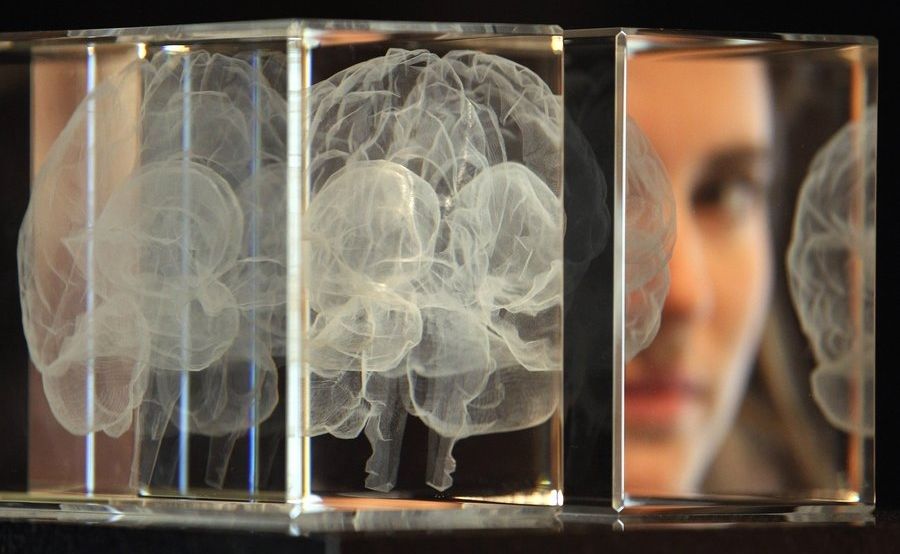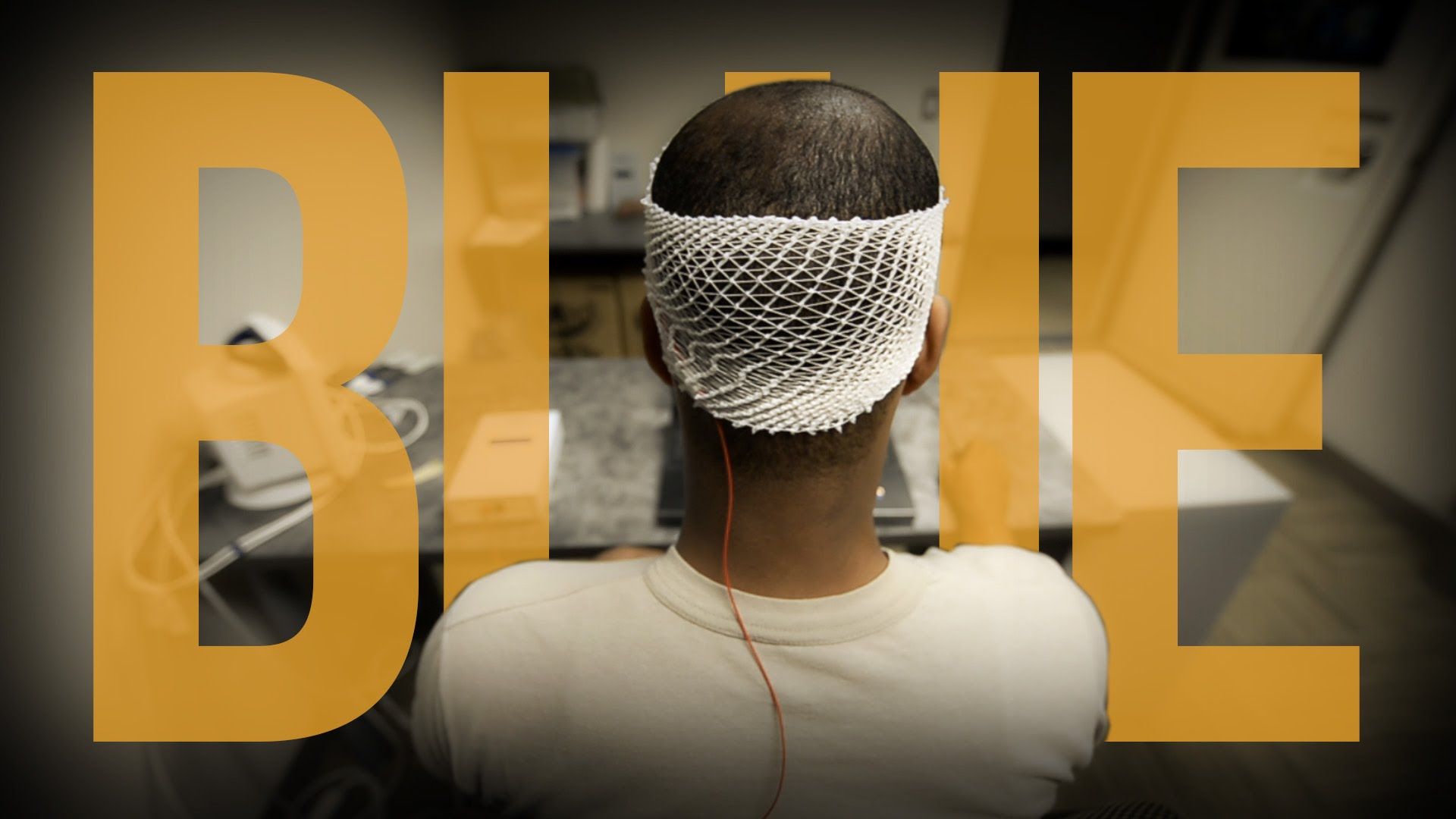Dec 3, 2016
Should tech grads pick defense over Silicon Valley?
Posted by Karen Hurst in categories: cybercrime/malcode, drones, engineering, government, military, neuroscience
Hmmmm.
Sam Gussman arrived four years ago at Stanford University hoping to eventually parlay an engineering degree into a product manager job at Google or Facebook.
Working for the National Security Agency or other intelligence bureaus never crossed his mind. For Gussman, the government didn’t seem like the place for the most exciting, cutting-edge research in human computer interaction — his area of interest. Plus, it did no on-campus recruiting, unlike the many tech startups that e-mailed him daily about job opportunities and happy hours.
Continue reading “Should tech grads pick defense over Silicon Valley?” »
